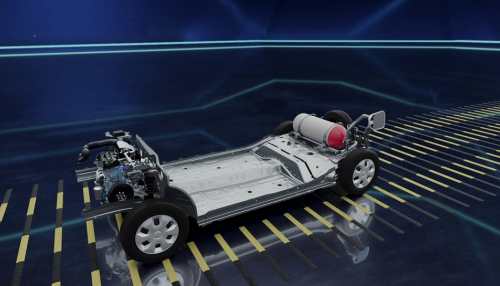- News>
- Auto
Maruti Suzuki Working On Flex Fuel Vehicles To Reduce Emissions: CV Raman

Speaking at a conference, CV Raman, CTO of Maruti Suzuki said the carmaker is working on a variety of technologies including Electric, Hybrid Electric, CNG, Bio-gas, Ethanol, Flex-Fuel.
Amid the increasing environmental concerns, the government of India is pushing hard to implement clean energy fuel sources to reduce the carbon emissions. The Ministry of Road Transport and Highways, under the leadership of Nitin Gadkari has implemented various such measures and asked OEMs to adopt sustainable fuel sources to tackle the problem. While most car manufacturers are moving toward electric vehicles, Maruti Suzuki has adopted a different approach. The Indian automaker has started working on various alternative power sources for its vehicles, and not just launching an electric vehicle.
CV Raman, CTO of Maruti Suzuki said the Indian automaker and the largest carmaker is working to achieve a E85 capable engine (fuel with 85 percent ethanol), apart from implementing E20 compliant vehicles by April 2023 to meet the government requirements. The company recently showcased the Wagon R Flex Fuel prototype model in Delhi as the India’s 1st mass segment Flex Fuel car.
The Maruti Suzuki Wagon R Flex Fuel car is designed to run on any ethanol-petrol blend between 20% (E20) and 85% (E85) fuel, and was unveiled in the presence of Minister of Road Transport & Highways, Nitin Gadkari. It is to be noted that as part of the blended fuel, the company is also working on other power sources like Electric Vehicles and also hold a strong portfolio of CNG vehicles in the Indian market.
Apart from CNG and Flex Fuel vehicles, the company has also launched Maruti Suzuki Grand Vitara as its first strong hybrid model. As per CV Raman, there's no one solution to reduce pollution and needs various methods. A variety of technologies including Electric, Hybrid Electric, CNG, Bio-gas, Ethanol, Flex-Fuel, are under works by the carmaker.
Nitin Gadkari, the Union Minister for Road Transport and Highways, has been pushing flex-fuel engines. As per the minister, the ethanol-blended fuel could be a good answer for India, similar to how E20 and higher mixes have been utilised in Brazil for decades. A few changes are needed to the rubber hoses and fuel system to manage the fuel's corrosive character, as well as a little engine system recalibration in order to boost the proportion to 20 to 25 percent of ethanol, which is now the case in India.
